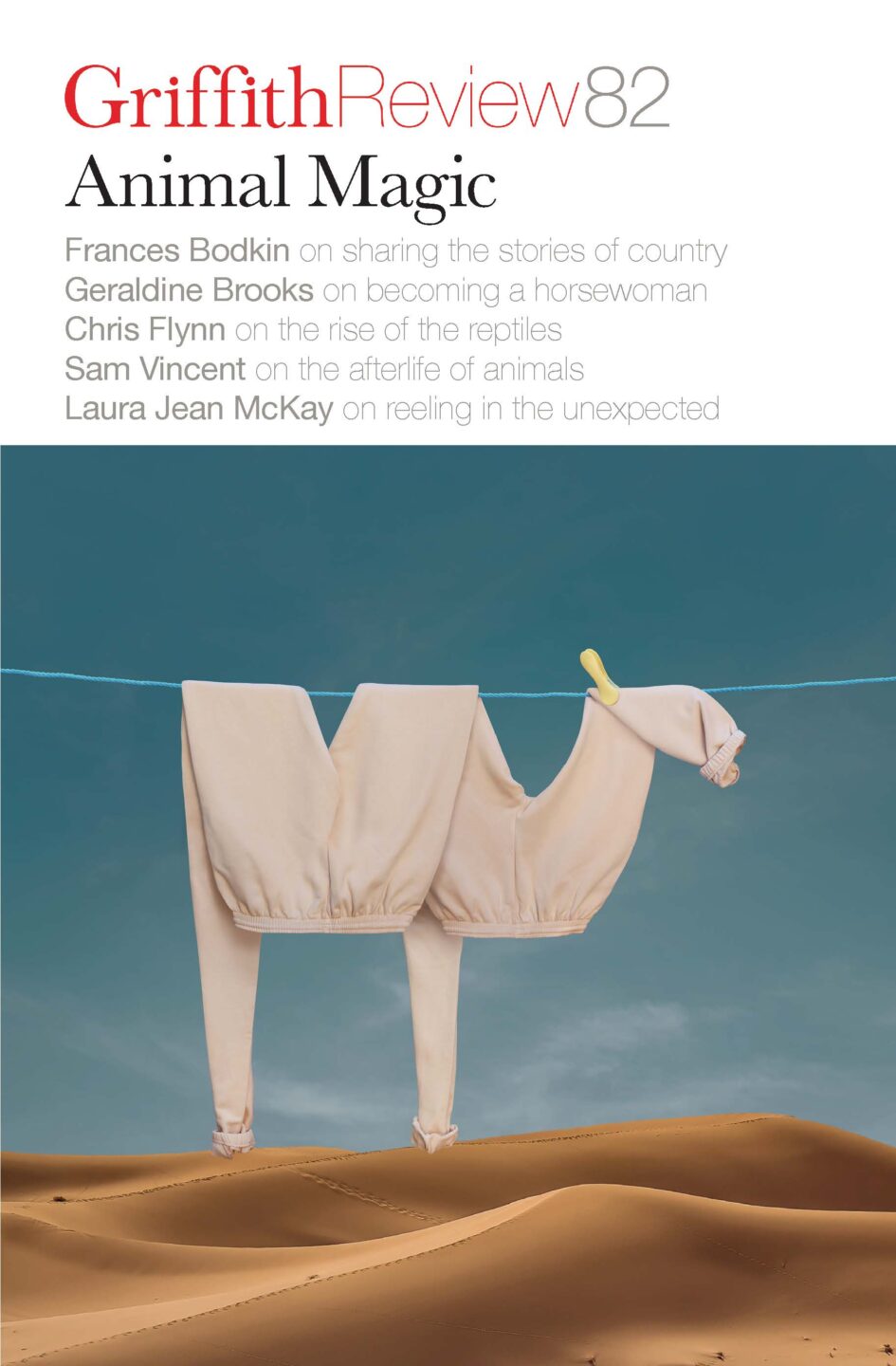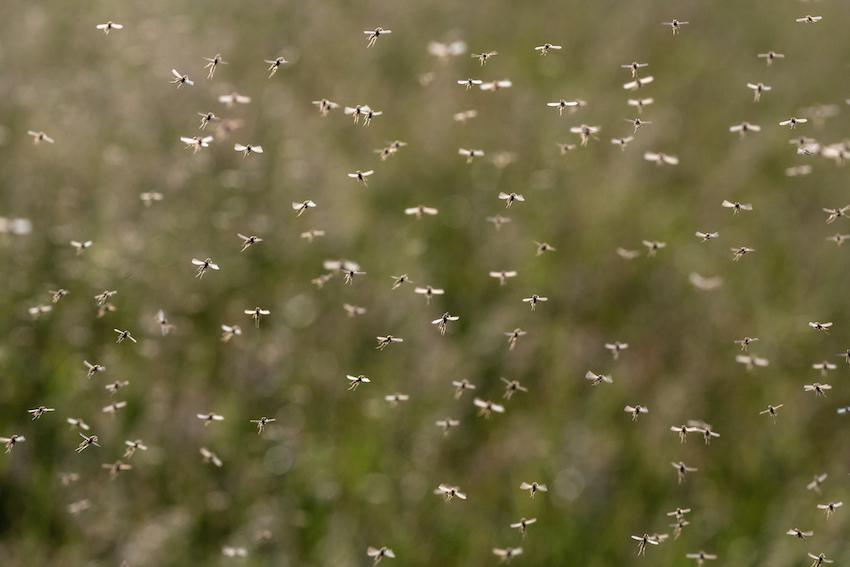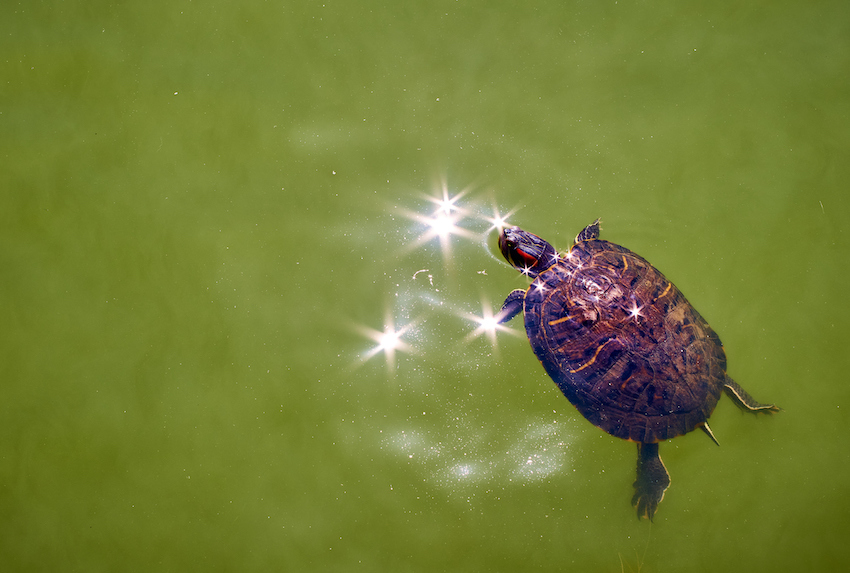Featured in

- Published 20231107
- ISBN: 978-1-922212-89-4
- Extent: 208pp
- Paperback, ePub, PDF, Kindle compatible


Already a subscriber? Sign in here
If you are an educator or student wishing to access content for study purposes please contact us at griffithreview@griffith.edu.au
Share article
About the author

Jeff Sebo
Jeff Sebo is associate professor of environmental studies; affiliated professor of bioethics, medical ethics, philosophy and law; director of the animal studies master’s program;...
More from this edition

Talking to turtles
Non-fictionEighteen years ago, I moved to a seaside village on Cape Cod on the north-eastern shore of the United States. Finding the ocean there too dangerous, I swam in ponds. I waded through mud the consistency of yoghurt ever on the lookout for fifty- and sixty-pound snapping turtles. I dove in, swam and got out as fast as possible.

Seeding knowledge
In ConversationThere’s so much we can learn from the plants, even the little annual plants, and we don’t take notice of them. Gymea lily flowers can tell you when the whales are coming. One of the things I’ve investigated is why the ants can tell the weather – I carried out an experiment when I was at Macquarie University, and what I found was that if the groundwater level rises, you can expect rain, and the ants will pick this up.

Sartre’s lobsters
Non-fictionIn The Secret Life of Lobsters (2004), Trevor Corson describes how, before the lobster’s status had sufficiently improved for affluent urbanites to desire its meat, ‘lobster’ was used derogatorily to describe British redcoats during the American Revolution and, later, dupes or fools in general. Which brings me to Jordan Peterson.